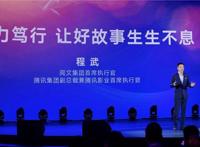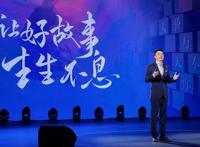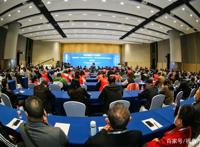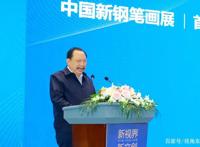子谦译文|第五类(代)创业教育理论:价值创造(18)
2023-06-03 来源:旧番剧
经济价值观的一个共同基础是经济人的假设,即人类在日常效用计算中是完全理性的,总是以最优化(最少的牺牲)为目标。现代经济学创始人亚当 · 斯密(Adam Smith)在其影响深远的著作中有一段被广为引用的话,很好地说明了这一点:“我们期待我们的晚餐,不是出于屠夫、酿酒师或面包师的仁慈,而是出于他们对自身利益的关心”,边沁(Bentham)也提出了这种类似的功利主义立场。他指出,被认为有价值的东西应该由人们感知到的快乐和痛苦来引导,因此,社会应该为“最大多数人的最大幸福”而奋斗。经济学家至少以三种不同的方式对价值进行了概念化:有价值的工艺品中的客观实体;消费者所感知的主观效用;创造价值的能力取决于不同环境的创造过程。现在我们来对它们进行简单介绍。Classical economics—value as objective substance
古典经济学ー客观实体的价值
The term “classical economics” refers to ideas developed by a small but influential group of classical economists in the 18th and 19th centuries. A key theme in classical economics was the substance-based value theories developed by Quesnay (1758), Smith (1776), Ricardo (1817) and Marx (1867). These now largely abandoned value theories all stated that the “natural” value of goods was determined by some objectively identifiable substance used for its production, such as corn, stock or labor time (Mirowski, 1991). The shift in the 1870s away from such objective substance theories of value (see next section) was so abrupt that the term “value” was deemed too ambiguous, unscientific and dangerous, and therefore abandoned and delegated to “the dustbin of history by mainstream economics” (Lopdrup-Hjorth, 2013, p. 179). The following advice from Jevons (1871) is illustrative of the challenges:
猜你喜欢
动漫推荐
免责声明:动漫番剧数据来源网络!本站不收费,无vip,请勿上当!
www.jiufanju.com-旧番剧

















